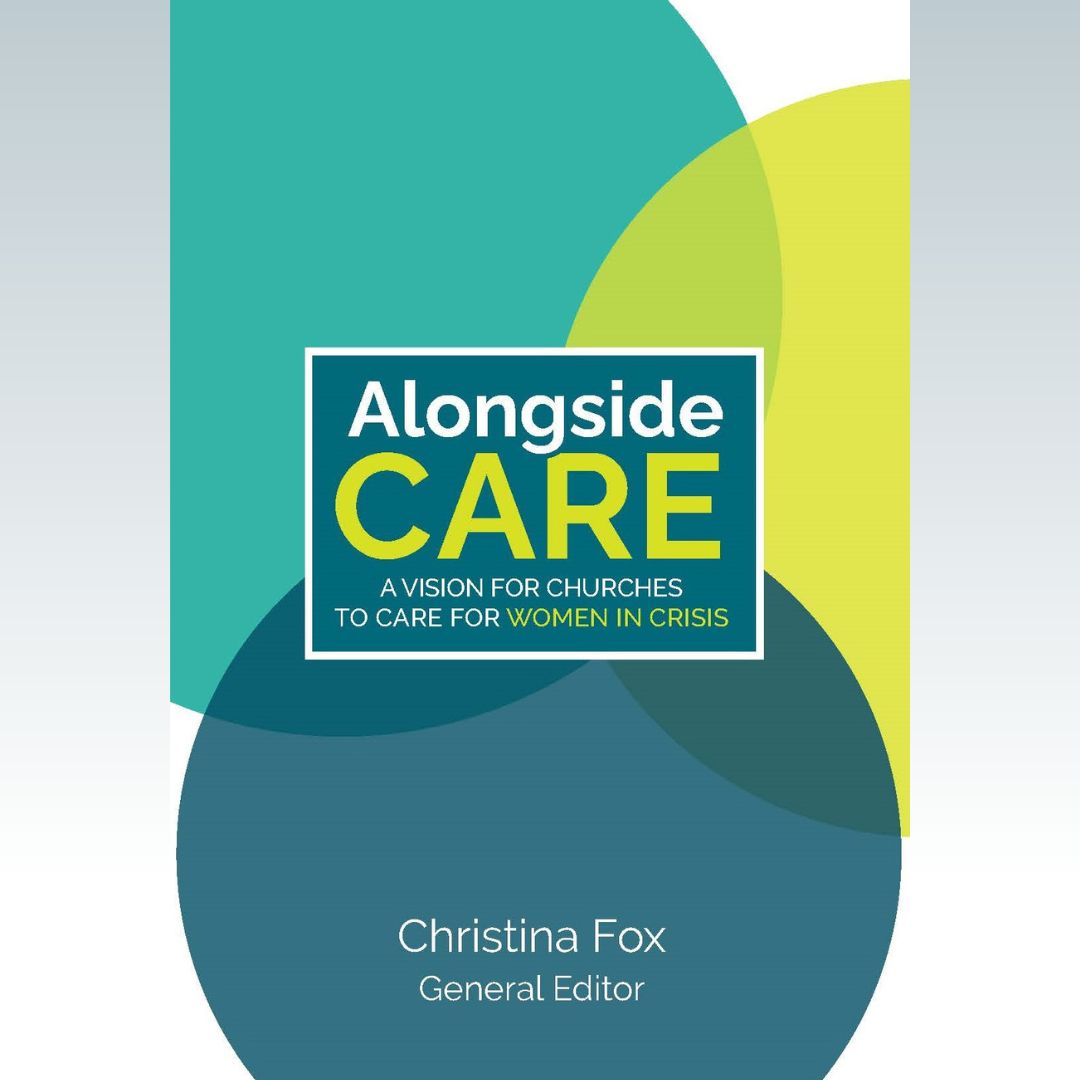CHRISTINA FOX | EDITOR
I sit around the table surrounded by women from various seasons of life. One by one, we share our prayer requests for the week. Requests for healing from painful diseases. Requests for restoration of broken relationships. Requests for endurance in troubles and trials. Requests for comfort in grief and sorrow. As we share our cares and concerns with one another, we feel each other’s sorrows and fears. Our hearts hurt for each other. That’s because we are united to the Body of Christ. So, we pray with and for one another. We rejoice when prayers are answered. We encourage one another in our sorrows. We bear one another’s cares.
The church is filled with hurting people. We all bear the burdens and scars of living in a fallen world where the tentacles of sin stretch far and wide. We experience the consequences of our first parent’s sin before we are even born. We enter this world in sin and live our lives in rebellion against our Creator until we are rescued and saved by the blood of Christ. We sin against others and others sin against us. Some wounds we receive at the hands of others burrow deep in our hearts and linger long. There’s also the impact of sin on our bodies as they fail to work as they should—as disease and decay leave their mark until death makes its final call. Sin’s tentacles also impact our created world where natural disasters spin out tragedy and destruction on the regular. In all these ways and more, we feel the weight of our brokenness.
Tim Keller once described the church as “a hospital for sinners (where triage happens) not a museum for saints.” If this is true, how are we as the church doing such triage? How are we helping one another in our sufferings? Are we honest about our common struggles with living in a fallen world? And, as redeemed saints who share in the sufferings of Christ and have the same Spirit living within us, shouldn’t we encourage one another in the gospel and in its power to deliver, restore, and redeem?
We see this is the case in God’s Word where the Church is called to care for the Body of Christ. Believers are charged to walk beside one another—encouraging, exhorting, and discipling one another in the gospel. We are instructed to bear one another’s burdens (Gal. 6:2). We are called to serve one another (Gal. 5:13), bear with one another (Eph. 4:2), pray for one another (James 5:16), speak the truth in love to one another (Eph. 4:15), and so much more. We minister encouragement and comfort to one another out of the comfort we’ve received from Christ (2 Cor. 1:3-5).
In recent years, a growing number of PCA churches have developed ministries to meet the needs of the hurting in their churches, and for the purposes of this article, specifically to hurting women of the church. Consider the things that we experience in life as women: abandonment and betrayal, miscarriage and infertility, abuse and assault, divorce and widowhood, as well as all the common struggles and challenges of motherhood, work, relationships, illnesses, losses, and transitions of life. These are hard and heavy burdens that we should not bear alone. These churches see the needs of their women and seek to meet those needs with a ministry we call “Alongside Care.” Such a ministry comes alongside a hurting woman, walks beside her in her crisis, and points her to the help and hope she has in Christ. It is gospel-centered care, rooted in the power of the Spirit who makes all things new. We use the term “alongside” because we are all wounded people walking beside other wounded people, urging each other forward as we journey heavenward to Christ. As author and counselor Ed Welch notes, “We were meant to walk side by side, an interdependent body of weak people. God is pleased to grow and change us through the help of people who have been re-created in Christ and empowered by the Spirit. That is how life in the church works.”
At CDM, we recently published a new resource for churches to use in providing care to hurting women. It’s called, Alongside Care: A Vision for Churches to Care for Women in Crisis. This book includes the voices and stories of people who are providing such care in churches all over the country. Because each church is different in its size, its needs, and its resources, Alongside Care encourages readers to assess what resources and strengths their churches already have and develop a ministry that addresses their specific context.
In Alongside Care, you’ll read about why this care is important and needed in the Church. You’ll see how this care fits within the polity of our denomination. You’ll hear from writers who have trained and equipped a team of women to come alongside hurting women in their churches and minister the truth of the gospel to their hearts. You’ll get a glimpse at what training a team entails as well as how to keep the ministry healthy and fruitful for the benefit of the congregation.
The truth is, we all experience the effects of life lived in a fallen world. But we should not be left to bear our burdens on our own. The Body should care for the Body. May it be so.
To learn more about CDM’s new resource, Alongside Care, click here.

Christina Fox
Christina received her undergraduate degree from Covenant College and her Master’s Degree in Counseling from Palm Beach Atlantic University. She is a retreat speaker, content editor for enCourage, and the author of multiple books, including Closer Than a Sister: How Union with Christ Helps Friendships to Flourish, Sufficient Hope: Gospel Meditations and Prayers for Moms, and Like Our Father: How God Parents Us and Why that Matters for Our Parenting. She also works in alumni relations for Covenant College. Christina prefers her coffee black and from a French press, enjoys antiquing, hiking, traveling, and reading. She lives in Atlanta with her husband and two boys where she coordinates an Alongside Care ministry at East Cobb PCA. You can find her at www.christinafox.com, @christinarfox and on Facebook.

